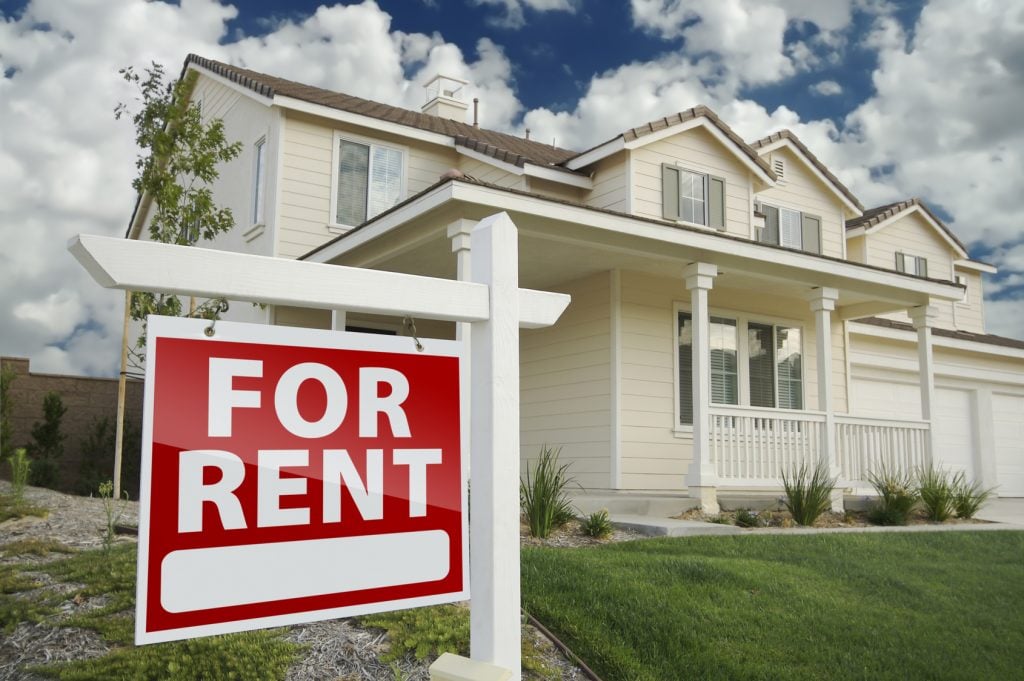Ask Brian is a weekly column by Real Estate Expert Brian Kline. If you have questions on real estate investing, DIY, home buying/selling, or other housing inquiries please email your questions to [email protected].

Question from Susan in SC: Hi Brian, I recently inherited almost $150,000 from my sister’s estate. I’m 48 years old and want to invest in something with security that will produce a dependable income. I’m planning on this being a big part of my retirement plan. The stock market is a non-starter for me because it is so undependable and unpredictable. I’m not an experienced investor but from talking to family and friends, real estate has the most appeal to me. I’m still working but one of my kids is out of the house and the other no longer takes much of my time. I have some time available to spend managing an investment but I can’t do it full time. Where do I start as a beginning real estate investor?
Answer: Hi Susan. I think you’re already off to a good start. You have a goal of including real estate in your retirement planning but know that you have a limited amount of time to manage your investments. The next step is learning how to prepare to invest in real estate. Don’t just start looking at investment opportunities. You want to first develop an actionable plan that moves you through educating yourself about financing, the many different investment strategies, selecting an investment strategy that you are comfortable with, and then customizing a plan to your situation. I’d need a lot more information to help you build that detailed plan but we can start with some tips about how to go about building your custom real estate investment plan.
Susan, you said that financial security is a big part of your goal. So, you probably want to begin with some basic risk assessment. This includes your current finances without considering your inheritance. Other than your retirement, do you have any major expenses that you don’t have a plan for? College costs for the kids or elderly parents that will need assistance? Are you currently living payday to payday or do you have a personal financial reserve for emergencies that eventually come along?
It’s a personal decision but you might choose to hold back part of the inheritance for personal needs. The point is you want to determine how much you have to invest in real estate. The next step in your risk assessment is deciding if you want to leverage your investments and if so, how much do you want to leverage them? This is about taking out a mortgage on rental houses or to rehab houses. Since your time to manage the property is limited, I’m assuming you’re leaning towards rentals. Rentals mean you don’t have to do the rehab yourself or manage multiple contractors.
Leveraging your investment is one of the big benefits of investing in rentals. With a small down payment, you take full control of the property but over time, the tenants repay the mortgage and you own the property free and clear. This can be a good strategy because you’ll have a retirement income that will be higher once you own the houses free and clear. You might want to think about 20-year or 15-year mortgages.
With that said, the next step is looking at how to financially structure your deals. With $150,000, you could be thinking about making a down payment on three or four houses. However, banks are not going to write four mortgages for an inexperienced landlord. But there are plenty of financing options out there. I suggest you take your time to thoroughly study several of these options with your risk tolerance in mind. Just to name a few financing options, there are traditional bank mortgages, non-recourse loans, hard money loans, working with a money partner (shared profits), seller-financing, pool investing, and lease options. With more knowledge and experience, you may want to use a combination of these or other possibilities. As you work through financing scenarios, remember that you need to have a reserve fund for emergencies such as replacing a furnace or failed plumbing. The more properties that you own, the bigger the reserve fund needs to be.
Susan, you still have several more investment considerations. Don’t just assume that single-family homes are the best choice. Duplexes, triplexes, and even small apartment buildings can make the best real estate investments. Spreading your operating costs over multiple tenants in a single property can be cost-effective. It can mean lower taxes per unit, lower insurance, spreading out the cost of maintenance for common areas, smaller reserve fund, and less financial loss from a single vacancy, as well as other savings. But the decision process doesn’t end there. Other options include higher cost houses that rent for a premium, condos, or low-cost housing with guaranteed payments from section 8. However, most beginning investors start with white picket fence houses. Among the lowest risk rental houses are those in a desirable neighborhood where most homes are owner-occupied.
Susan, here is a short checklist of other things to be aware of as a beginning investor:
Lastly, when it comes to real estate investing, successful investors surround themselves with a trusted team of industry professionals who help achieve their unique objectives and goals.
Certainly, readers have more to add to this short list for beginning investors? Please leave your comment.
Our weekly Ask Brian column welcomes questions from readers of all experience levels with residential real estate. Please email your questions or inquiries to [email protected].